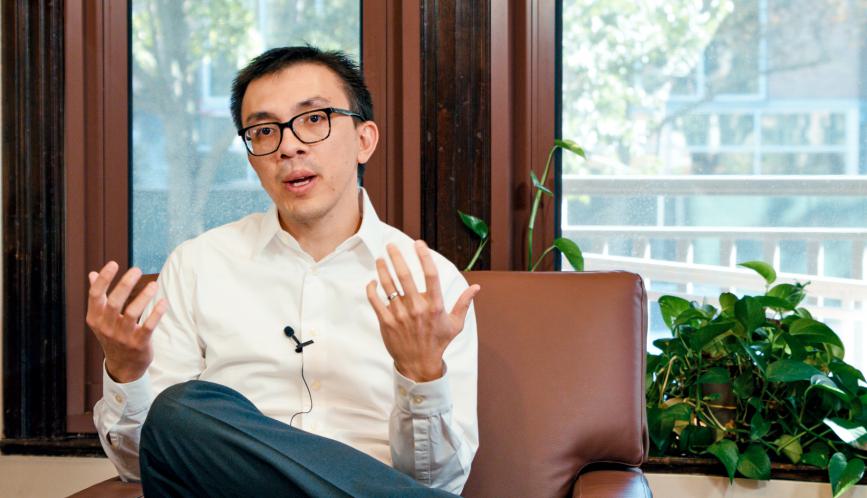MIP network member Eric Chyn is an Assistant Professor in the Department of Economics at the University of Virginia. He is also a Faculty Research Fellow at the Rhode Island Innovative Policy Lab (RIIPL) at Brown University. His primary research fields are labor and public economics. In recent work, he has studied the effects of government programs on children. Chyn was the recipient of HCEO’s inaugural dissertation prize. He received his Ph.D. from the University of Michigan in 2016.
Describe your area of study and how it relates to current policy discussions surrounding inequality.
My main interest is studying the effects of government policies and programs that affect disadvantaged households. In my latest work, I studied how the demolition of high-rise public housing, a major reform in U.S. housing policy that began in the 1990s, affected long-run outcomes of children living in and near these buildings. Because high-rise public housing often is located in areas of extreme poverty, the typical displaced family moved to a higher-income neighborhood after demolition. In this way, my research helps shed light on the benefits of policies that help children grow up in higher-opportunity areas.
What areas in the study of inequality are most in need of new research?
We still need more research that quantifies the long-run impacts of government assistance programs. In particular, we need to know how exposure to programs during one’s childhood affects an individual’s experience as an adult. The main constraint for this type of work has been a lack of data. For example, many sources do not contain detailed measures on an individual’s childhood background. That said, I think future researchers will start addressing more questions on long-run impacts using newly available administrative data resources.
What advice do you have for emerging scholars in your field?
Above all else, I recommend working on topics that you find important and exciting. Beyond that, choose projects where you’re confident the work represents a significant contribution to the existing literature. Talking early and often with advisers and peers is one way to select projects that have sufficiently high potential.



